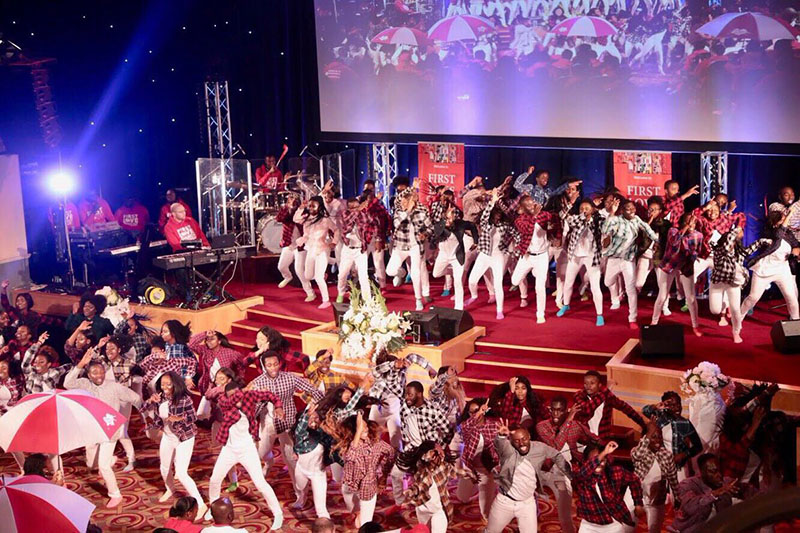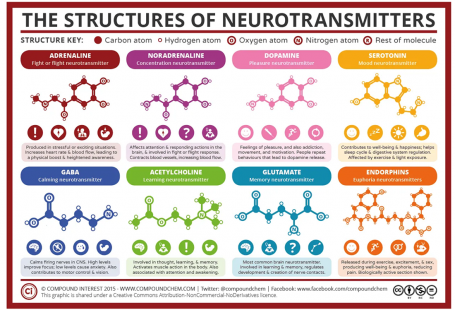Some of us may have heard the call from The Ghana Pentecostal and Charismatic Council (GPCC) to government to lift the ban on religious gatherings with the promise that they will adhere strictly to social distancing and other safety protocols.
To give some background on the religious body, the GPCC is made of over 200 Pentecostal and Charismatic Christian denominations across the country. Their members directory, is diverse and impressive. And they hold influence; after all, Ghana is a “Christian country”, by the numbers, with over 70% of the population being Christians, according to a 2010 census. Overseer of Royalhouse Chapel, a popular Christian denomination in the country, Rev Sam Korankye Ankrah has also said that the continuous ban on church activities will continue to “negatively impede upon spiritual aspirations that congregations look forward to always.” He added that the church is “ready to contain the disease should the ban be lifted.” I am sure this is in reference to the faith he has in the envisioned measures the church has planned should it be given the go ahead to operate, in these times.
In their plea, churches have reasoned why other aspects of everyday activities like businesses and markets are allowed to operate and yet they are not. From a perspective, you could see the logic, because some markets and businesses could actually have crowd and anti-social distancing situations that outmatch that of some church gatherings. In fact, recently, a factory in Tema with over 1,000 workers skyrocketed Ghana’s COVID-19 case count, reporting over 500 cases in a single sweep of testing. But supporting the reasoning of the church is largely a case of essentiality of the “service” churches provide against that of say businesses and markets.
“Belief goes beyond Logic”
Now, let’s process the situation at hand. As to whether we can really trust the reasoning of the religious body. As to whether they can truly be adjudged as having the interests, public health and welfare of all at heart. Mind you, what churches and other religious bodies operate on reportedly transcends logic and reason.
Famed Ghanaian preacher, Mensa Otabil, Founder of ICGC, notably said that “belief goes beyond logic”. The implications of that statement alone is mind-blowing, the examining of which might lead us into labyrinths and opening Pandora’s boxes.
So perhaps another time. However, we can establish that there are aspects of religious actions that cannot be explained or supported with logic and reasoning. This brings us to one reason why we have to take any recommendation by religious bodies or persons concerning anything, and in this case, an actual, physical crisis, that has already killed over 200,000 people already, into very serious and critical analysis and consideration. There is a reason why nations are governed not being divine laws, which are subjective to a greater extent (and if you ask me, very subjective).
Historical Matyrdom
The other point as to why we must scrutinise carefully, recommendations from religious bodies and persons has to do with how religious narratives have treated risks to human lives. Let me give you some popular examples, from Christian narratives.
I. The Three Hebrews (Shadrach, Meshach, and Abednego) who chose what would have been certain death over what might have been considered by some onlookers as a simple act. By refusing to bow down to Nebuchadnezzar, king of Babylon, they accepted their fate – that it was better to die than defy the God they worship. The story ends on a good note though, as the Hebrews are miraculously saved.
II. The story of my namesake, Daniel, the Prophet, whom, in overt defiance to the decree of King Darius to not offer prayers to any god or man apart from Darius himself, was thrown into the lion’s den. Once again, a servant of God chose certain death over defying his Creator. And once again, on a good note, the story ends in Daniel getting saved, apparently by God.
III. We can also cite the story of St. Stephen whose open defiance led to his stoning, and death; unfortunately, this time around, no miraculous last minute salvation.
Bringing the point home.
So what are we trying to establish here?
- Religious reasoning are not always backed by valid, reasonable and logical arguments.
- That written history, by religious persons themselves show a reasonable number of instances where they have put second their own safety. Instances where religious persons have raised the worship of their Creator above their lives, not even the scare of death could deter them from committing fully to their Creator. And here we are, faced with an unprecedented pandemic that is killing in the hundreds of thousands and destroying livelihoods.
Thus, the obvious reasoning: might religious bodies or persons be the best group of people to advise on national, regional or global welfare or safety? In a matter that is literally, life and death?
Certainly not, by the data we have.
But then we continue, are all stakeholders in this decision – including those who the decision will affect ultimately i.e. all Ghanaians – on board, that we are putting our lives second, in favour of pleasing an Almighty? There has been no national consensus in favour of the stand of lifting the ban on churches.
So, we know all how to proceed, after all, in this country called Ghana, it is in data and science we have trusted and trust in these very trying, unprecedented times.
PS:
You may reason: but the church has clearly outlined safety measures including social distancing protocols they would follow when (or should I say if) the ban is lifted? Let’s think about it for a minute though, can we really trust that the “beyond logic”, “spirit”-led activities we see and witness in churches everytime can truly be controlled by any man-made, deliberate efforts and/or measures?
Personally, I would say No. Perhaps, that is why I had no qualms on the choice of the featured image for this post. :=)









